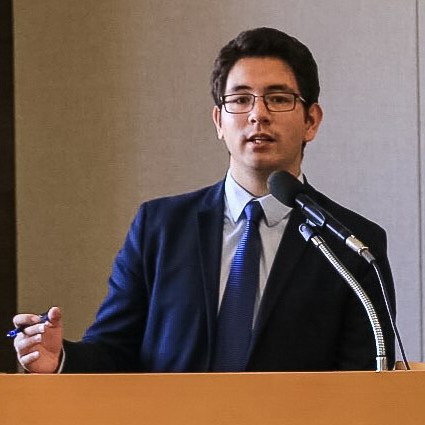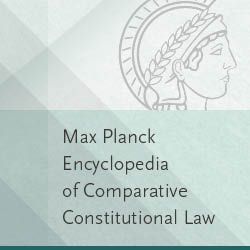Why Some Filipinos Still Resist Constitutional Reform
/Michael Henry Yusingco
The Philippines has had three constitutions. The first one was in 1935 which was part of the preparatory process before the granting of independence by the United States in July 1946. The second one was in 1973 which provided the colour of legitimacy to President Ferdinand Marcos’ 14-year dictatorial regime. The third one took effect in 1987 restoring a republican democratic system in the country.
Read More













![Xx1088_-_Seoul_city_nightscape_during_1988_Paralympics_-_3b_-_Scan [test].jpg](https://images.squarespace-cdn.com/content/v1/5af3f84a4eddec846552ea29/1527486925632-3VZP3ASLAHP1LJI0D9NJ/Xx1088_-_Seoul_city_nightscape_during_1988_Paralympics_-_3b_-_Scan+%5Btest%5D.jpg)
